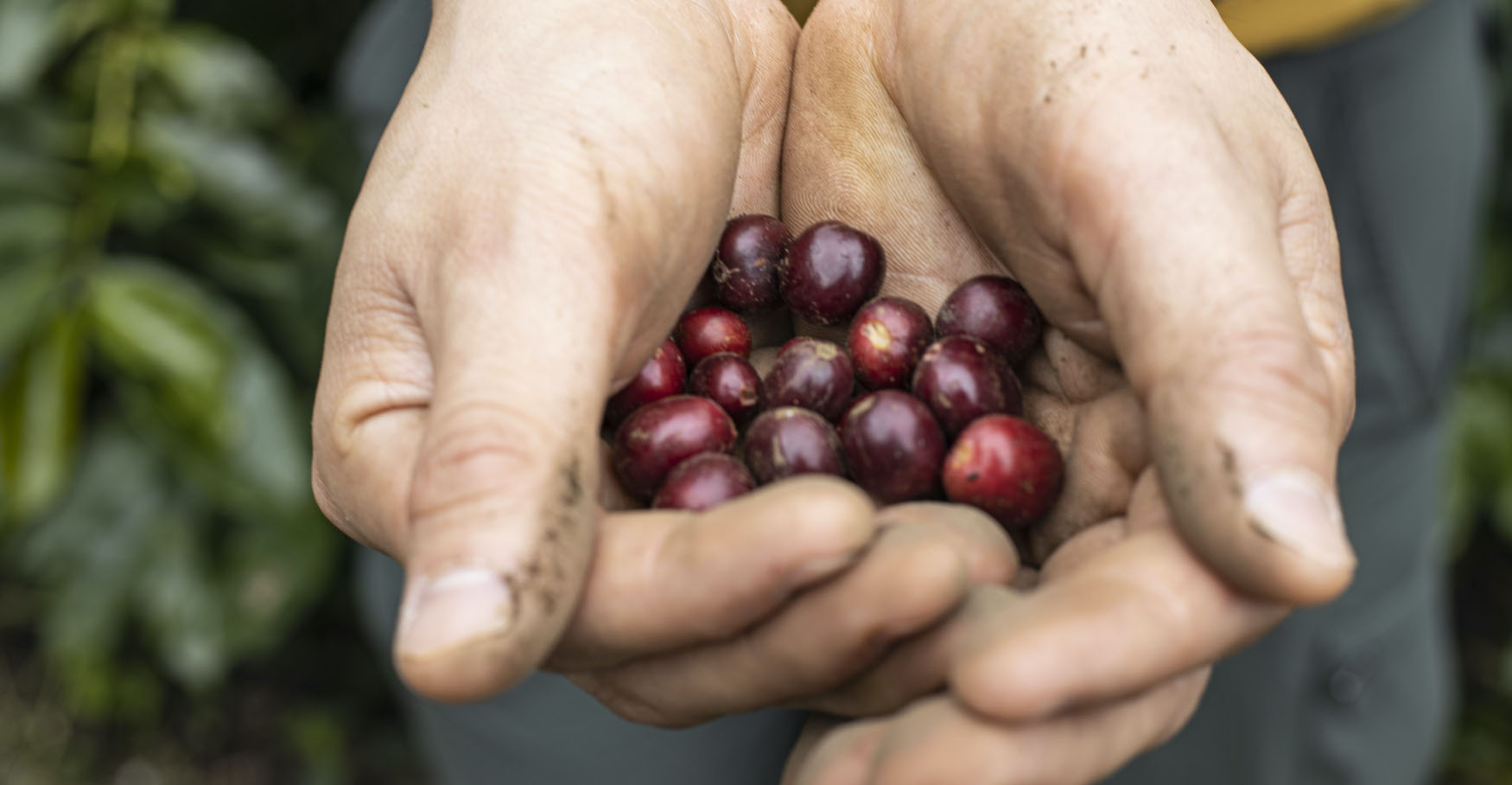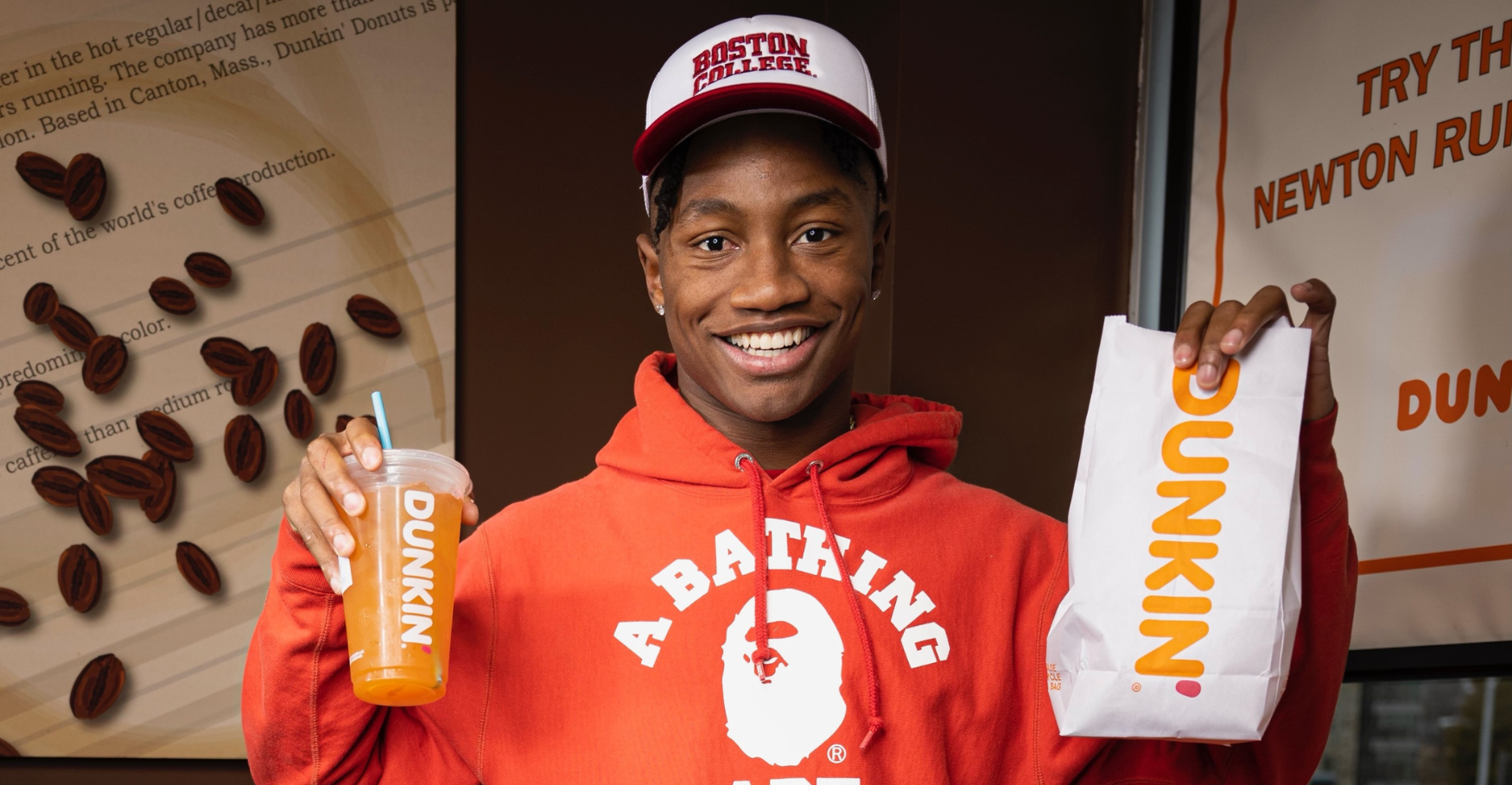Dunkin’ is dedicated to having a positive impact on its customers, communities, and the world around us. A critical part of the brand’s journey is taking bigger, bolder action to be more socially responsible in all the ways it operates.
From the One Tree Planted initiative to the Farmworker Training Program in Honduras, Dunkin’ is proud to share some of the latest ways it is continuing its commitment to sustainability.
One Tree Planted
Dunkin’ has teamed up with One Tree Planted, an environmental non-profit that’s helping the environment by planting trees in countries around the world.
Through a $200,000 donation from Dunkin’, by the end of 2021, One Tree Planted will plant a total of 200,000 trees throughout Honduras and Guatemala, including areas that are essential to regional environmental stability, increased rural farmer productivity, and the livelihoods of thousands of people. To date, there have been 80,000 trees planted in Honduras with plantings in Guatemala beginning later this month. This tree-planting program will create significant benefits to these regions, including improving air and water quality, improving soil health, increasing wildlife biodiversity, and providing jobs in local communities.
Farmworker Training Project in Honduras
The Farmworker Training Project in Honduras is a pilot training program that aims to empower our suppliers with the necessary information and tools to make improvements on sustainability issues within our supply chain.
Through this project, Dunkin’ has identified areas of improvement such as workforce issues, harvest and post-harvest handling practices, human health and safety during harvest, and financial literacy. This program is being implemented by an external consultant and trainers from the brand’s partners at Louis Dreyfus Company, already working with the specified farms, farmers and farmworkers.
At the conclusion of the training, Dunkin’ will evaluate the overall program and will identify any improvements that need to be made in hopes of scaling this project to other coffee origins in the future.
Partnership for Gender Equity’s Virtual Learning Journey
Dunkin’ is now providing coffee suppliers in Guatemala and Colombia with The Partnership for Gender Equity’s Virtual Learning Journey. This unique online workshop series helps advance gender equity by providing 10 producer organizations with a better understanding of gendered challenges and opportunities while identifying areas of opportunity for targeted action plans and solutions.
Wooden Stirrers
To be more environmentally conscious, Dunkin’ will complete its transition from plastic to wooden stirrers in 100% of the Dunkin’ US system nationwide by the end of April. Not only are these stirrers made from a renewable resource, but they are also compostable and biodegradable. The brand’s transition to wooden stirrers will remove approximately 1.2 million pounds of plastic from the waste stream annually.
Commitment to Lessening Food Waste
As a 100% franchised system, Dunkin’ is committed to providing franchisees with the resources they need for environmental stewardship. That is why Dunkin’ created the End of Day Donation and composting programs to support positive environmental change.
End of Day Donation is an optional program for franchisees that helps serve local non-profit community service and hunger relief organizations by donating surplus food from their restaurants. Donatable items include bakery items and other shelf-stable food, and unclaimed catering orders.
In addition to the End of Day Donation program, Dunkin’ has also developed a composting program as an option for franchisees who wish to compost coffee grounds and other organic waste. More than 80 percent of the brand’s guests consume their orders outside of Dunkin’ restaurants. However, Dunkin’ is committed to providing its franchisees with the resources they need for environmental care.
Recyclable* Dunkin’ Keurig® K-Cup® Pods
Dunkin’ is thrilled that 100% of Dunkin’ Keurig K-Cup® pods sold in-store and on shelves at grocery are now recyclable*. Made with #5 polypropylene, customers can recycle the K-Cup® pods by peeling and disposing of the lid, composting or disposing of the grounds, then recycling the remaining empty cup.
Sustainability is a journey, and Dunkin’ is committed to continued progress under the brand’s three pillars: Sustainable Food, Sustainable Restaurants and Sustainable Communities.



